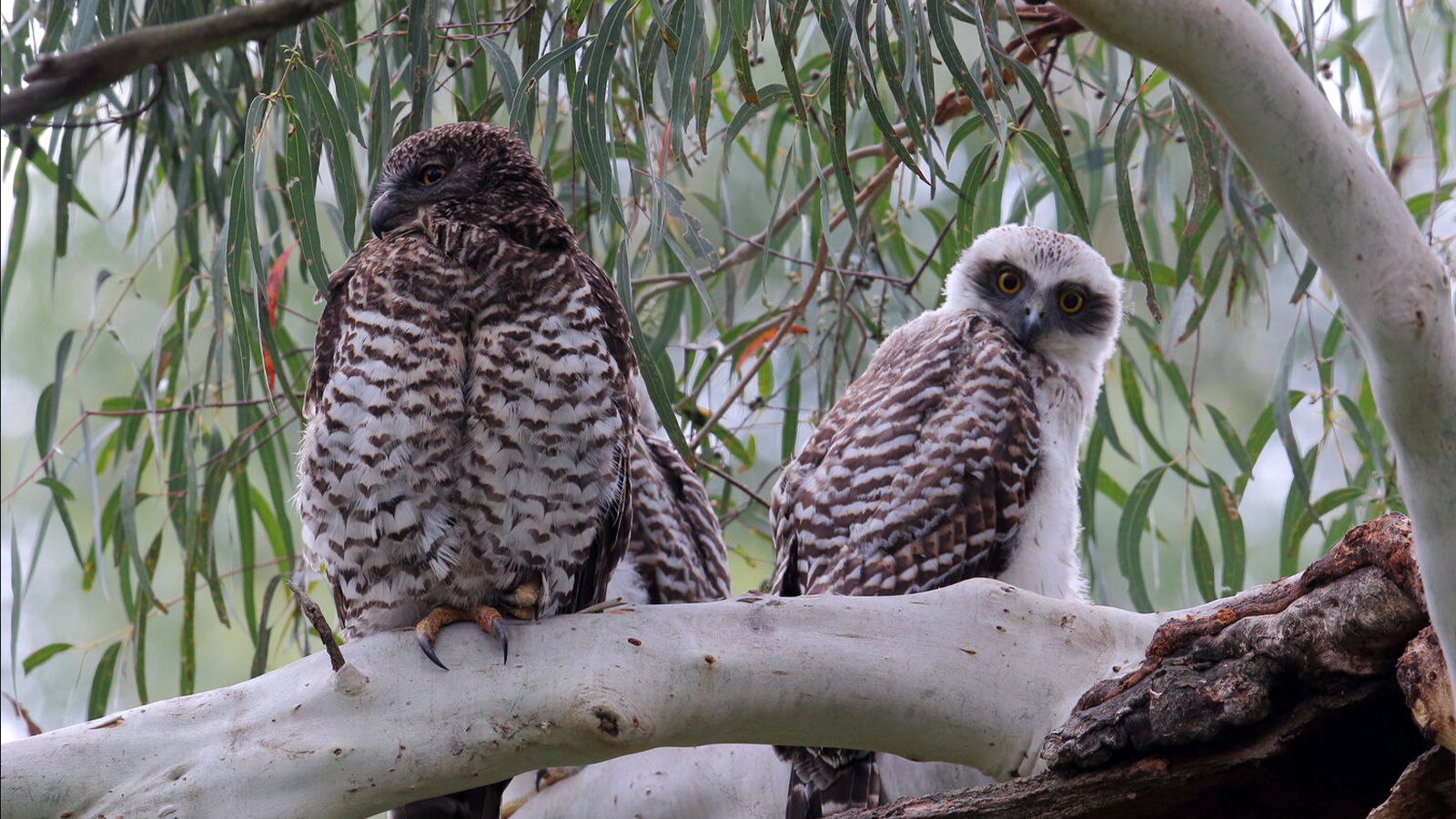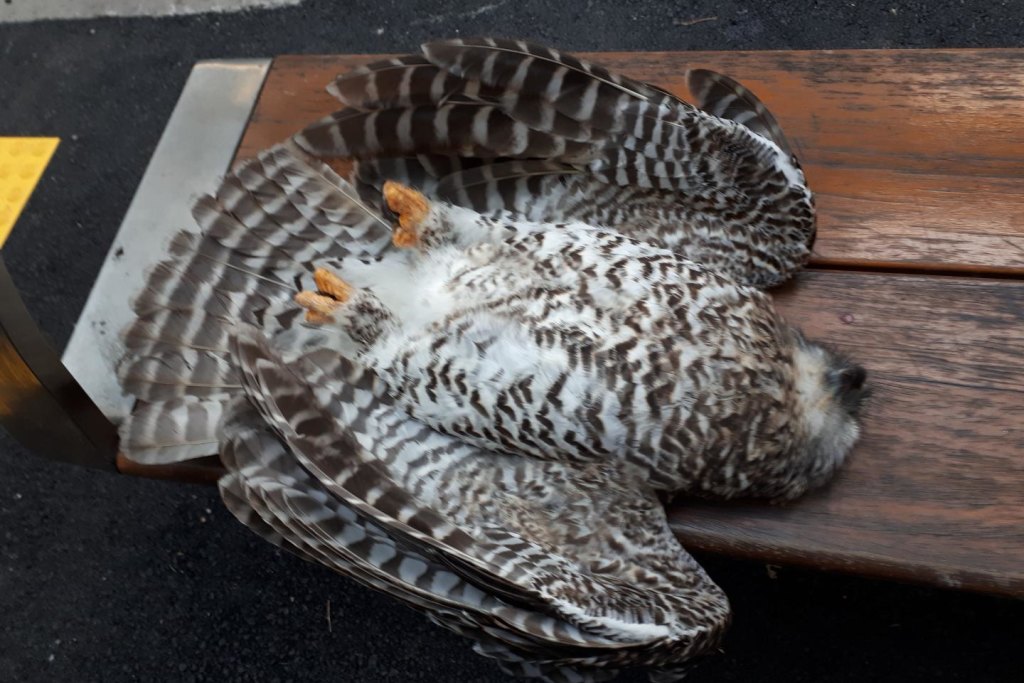Dr Holly Parsons, urban bird program manager at national conservation organisation BirdLife, reports on a study of rodenticides threating the majestic Powerful Owl:
I am both excited (and very saddened) to share the first batch of results of rodenticide testing on Powerful Owls from the Greater Sydney region. Firstly, I want to acknowledge the amazing efforts of Dr Beth Mott and Dr Aditi Srimam for their hard work, including collecting the birds, conducting post-mortems and preparing samples. This work is absolutely driven by their efforts. Thank you also to those of you who alerted us to dead birds, and to those of you who collected bodies.
After a tremendous fundraising effort we were able to send away a first batch of 38 livers for testing by Edith Cowen University. The results show what we sadly expected – anti-coagulant rodenticides are present in Powerful Owls. In fact, all but one bird had detectable levels of these rat poisons in their systems. In particular, the second-generation rodenticides (the common rat poisons) were the most common ones present and at much higher levels than first-generation rodenticides (which were at levels unlikely to cause problems for the birds).
In more than 10% of the birds the level of rodenticide was high enough to be lethal. For just under 60% of birds tested the levels were not enough to cause death outright but high enough to impair them in some way. It is difficult to pinpoint exactly what the impact might be, but research from elsewhere suggests the birds can be more susceptible to car and glass strikes and can have nutritional deficiencies and increased effects from things like parasites.
While this is early days, it is alarming to find that these rat poisons are in our beloved (and threatened) Powerful Owls.
We still have more to do. This is very much the first look at the data. If you haven’t already, please sign and share the petition we have launched calling on Bunnings to voluntarily remove second-generation anticoagulant rodenticides (SGARs) from their shelves: www.actforbirds.org/ratpoison. While other major Australian hardware retailers also sell some rat poisons, Bunnings has by far the most SGARs on its shelves.
The Australian Pesticides and Veterinary Medicines Authority, which is the regulatory body, has failed to act, but we are still calling on them to better regulate these products. We don’t think they should be available for use by anyone except licensed professionals. Regulations are already in place in the EU and Canada.

